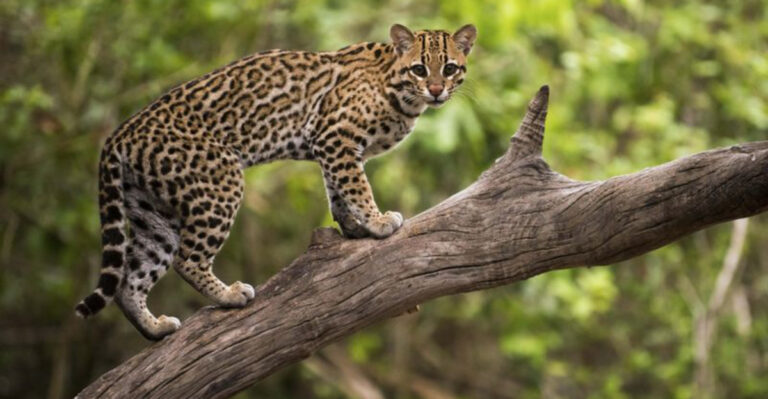Elephants In Zoos: Animal Rights Groups Advocate For Change
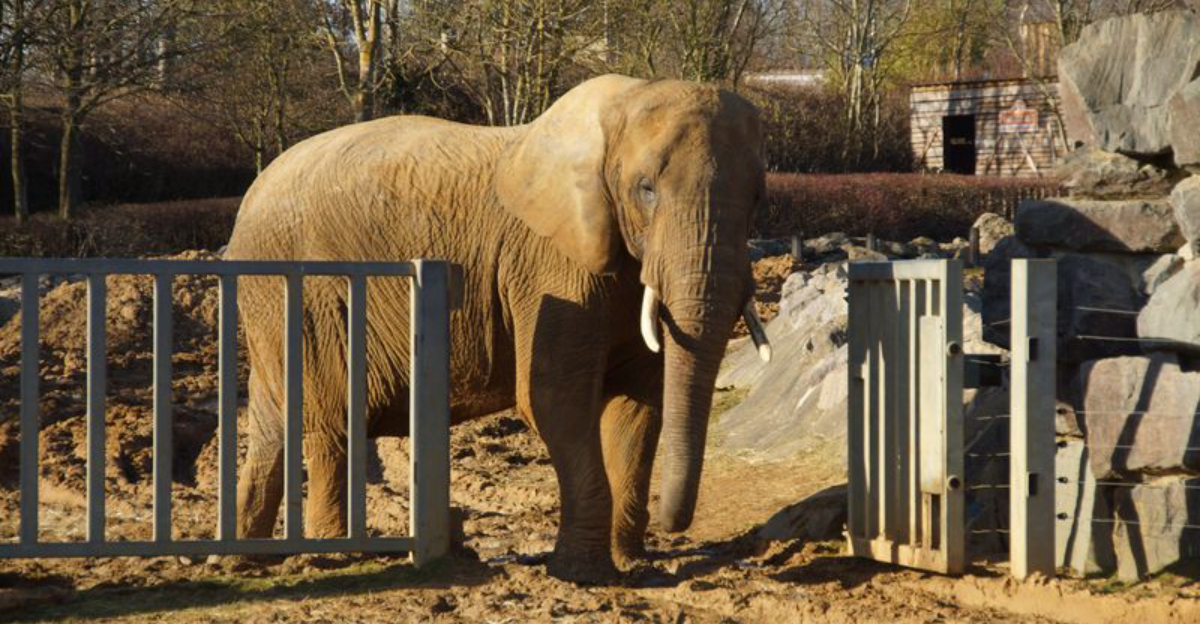
Elephants in zoos have long been a point of controversy, with animal rights groups calling for change. These majestic creatures, known for their intelligence and complex social structures, often face confinement in spaces far too small to meet their needs.
Advocates argue that captivity leads to physical and psychological harm, limiting their natural behaviors. As awareness grows, these groups are pushing for better treatment and the eventual end to elephant captivity in zoos.
1. Impact Of Zoos On Elephant Health
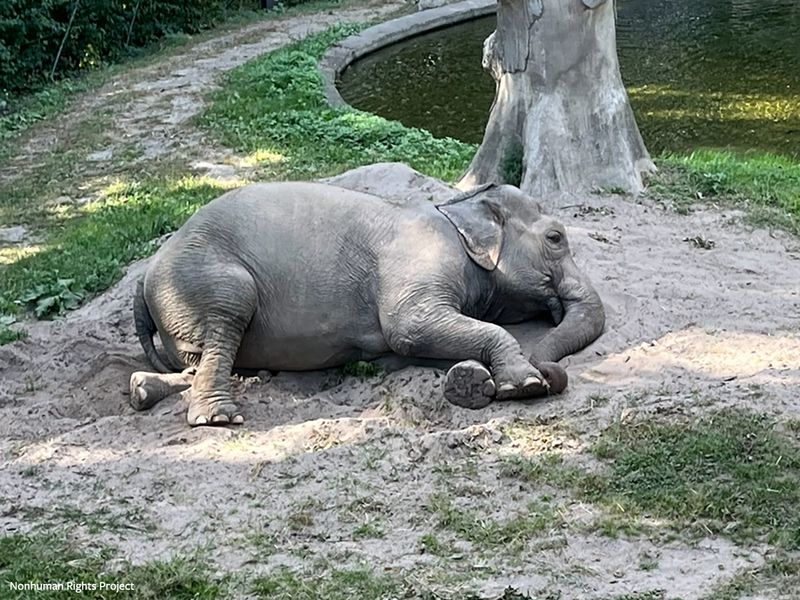
Restricted movement leads to obesity and joint issues. Also, stress from confinement has been linked to heart problems.
Zoos try to provide care, but replicating the vast, varied habitats elephants need is challenging. Regular health checks highlight this, stressing the need for better living conditions for zoo elephants.
2. Stress And Mental Health
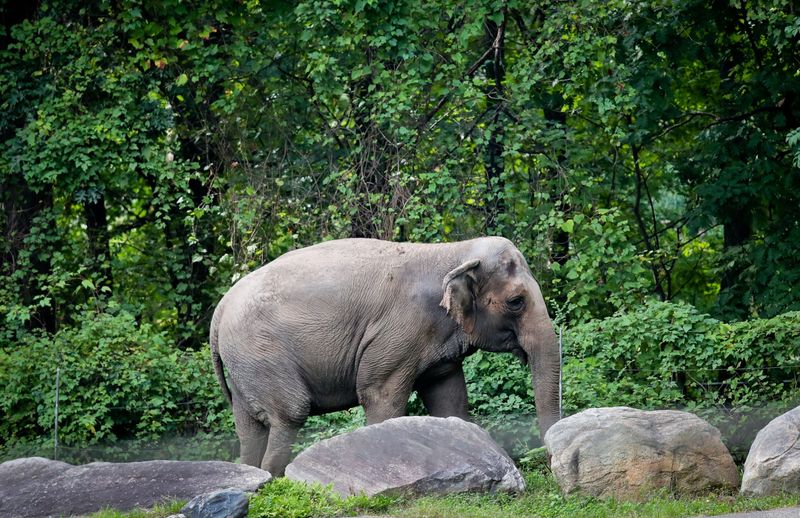
Elephants are sensitive creatures, and the lack of freedom can trigger anxiety. Enrichment activities are essential, but often fall short.
Understanding their mental well-being is critical to improve their quality of life, making mental health a priority in zoo environments.
3. Ethical Concerns About Elephant Captivity
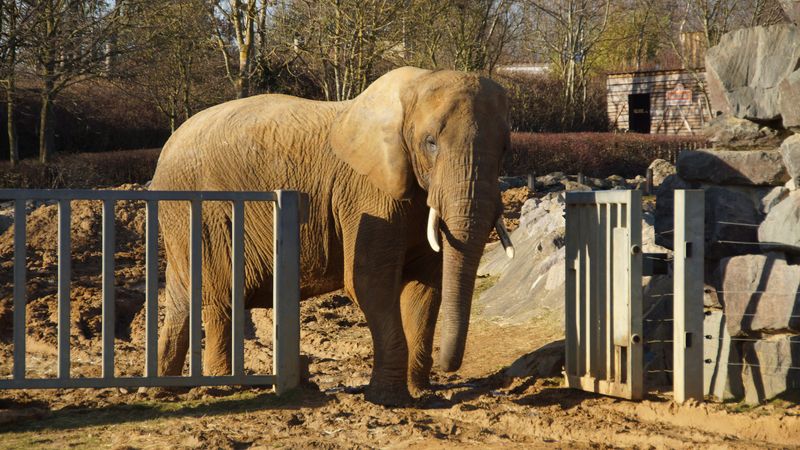
Elephants, with their complex social structures, often face ethical dilemmas in captivity. The debate centers around their emotional intelligence and ability to form bonds.
Many argue that keeping such intelligent beings in zoos isn’t justified. As more learn about their emotional depth, the call for ethical treatment grows louder, urging us to rethink traditional zoo practices.
4. Limited Space
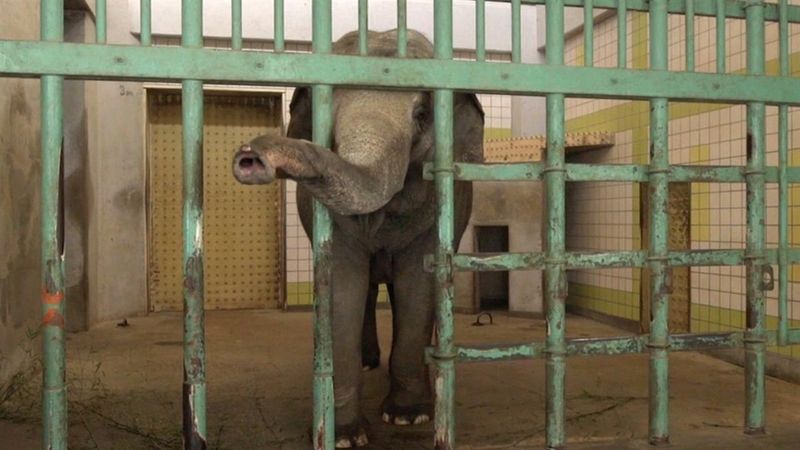
Limited space restricts their natural movement, affecting their physical and mental health. Zoos strive to balance space with resources, but the need for larger enclosures remains a pressing issue.
Expansion projects could offer a glimpse of hope.
5. Elephants’ Natural Behaviors Are Restricted
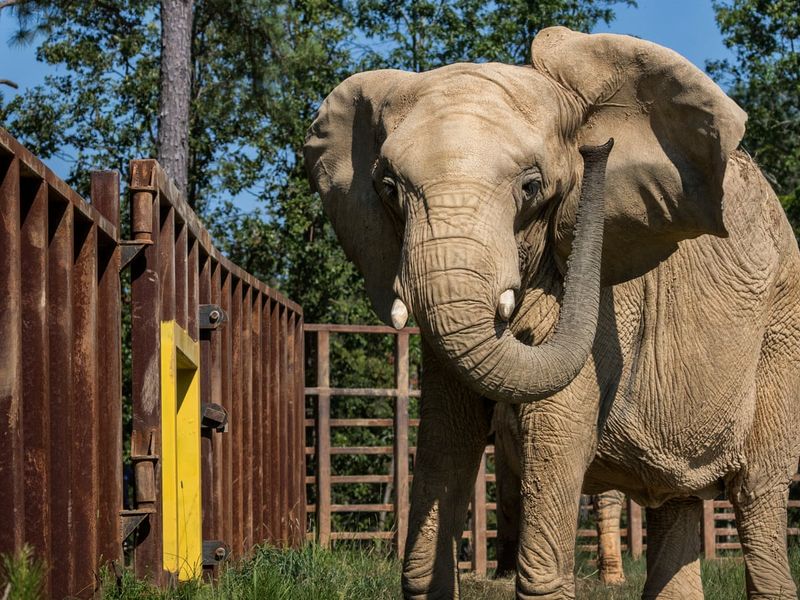
Elephants thrive on complex behaviors – foraging, socializing, exploring. Without opportunities to express natural instincts, these giants can become frustrated.
Understanding and implementing their behavioral needs is vital. Only then can captivity become truly enriching for them.
6. Elephant Longevity In Captivity
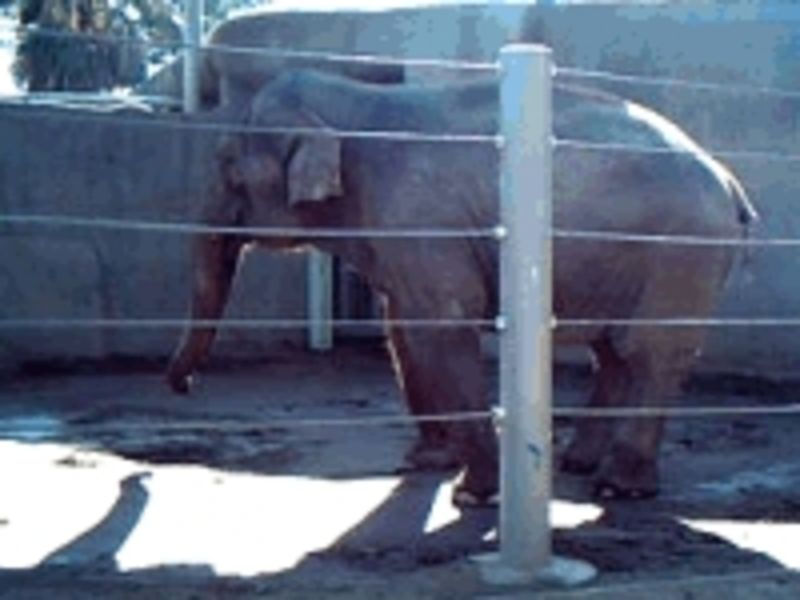
Elephants in zoos often live shorter lives than those in the wild, due to factors like stress, diet, and limited activity. While some zoos are improving habitats and care, many challenges remain.
Ensuring elephants live long, healthy lives in captivity is a goal that still requires significant progress.
7. Lack Of Proper Socialization
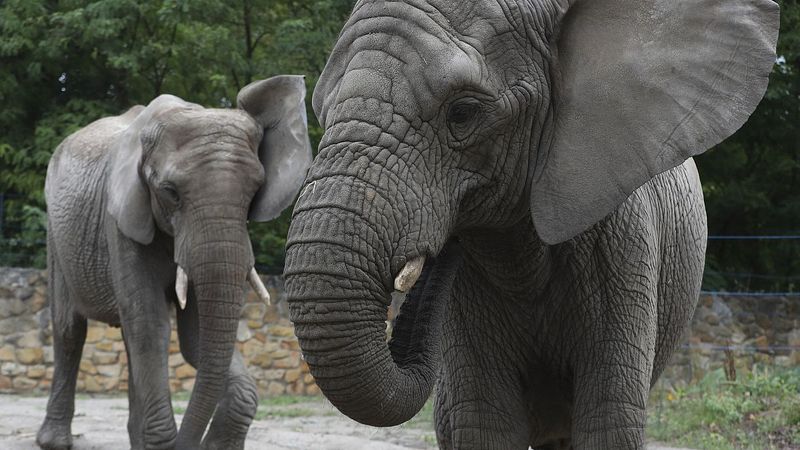
In zoos, isolation or unnatural groupings can hinder their social development. Lacking proper interaction affects their mental health.
While some zoos create social environments, many still struggle. Understanding their social dynamics is key to improving zoo conditions, fostering happy, healthy elephants through better companionship.
8. Alternatives To Keeping Elephants In Zoos
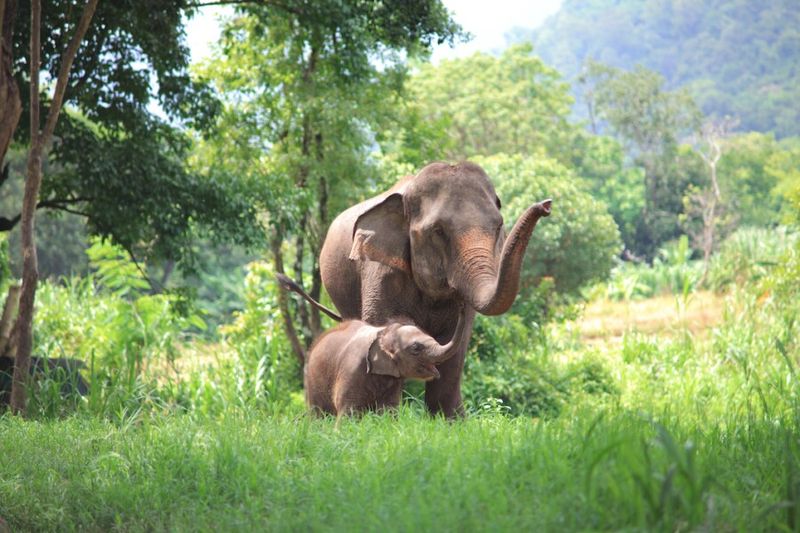
Sanctuaries offer elephants a more natural environment to thrive, free from the pressures of being on display. While they still face challenges, sanctuaries address many zoo-related concerns.
These spaces allow elephants to roam and socialize more freely. Advocates see them as a step toward improving elephant welfare and meeting their needs beyond captivity.
9. The Role of Zoos In Elephant Conservation
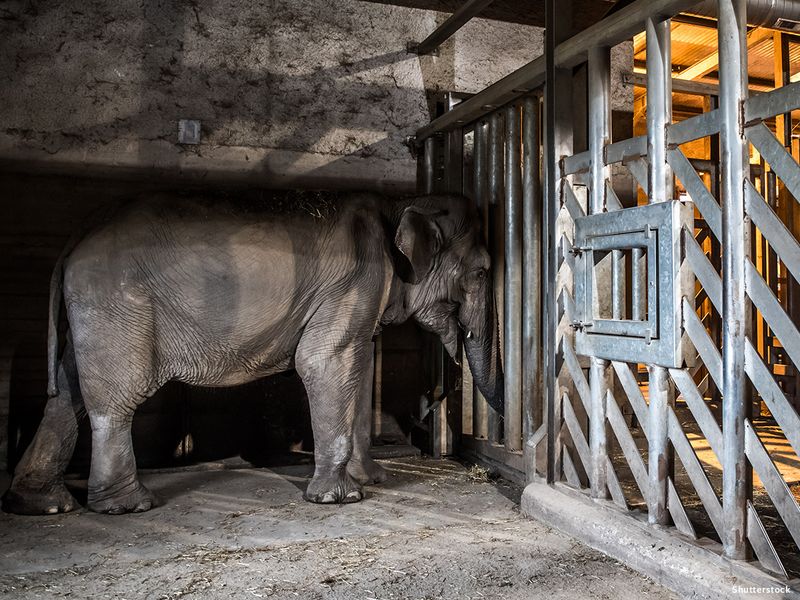
Zoos play a crucial role in conservation, with breeding programs aimed at boosting elephant populations. However, this role is debated, as critics argue that conservation should focus on wild habitats.
Despite this, zoos continue to be active in research and education. Balancing conservation efforts with addressing welfare concerns remains an ongoing conversation, driving innovation in animal care.
10. Public Awareness And Education On Elephant Welfare
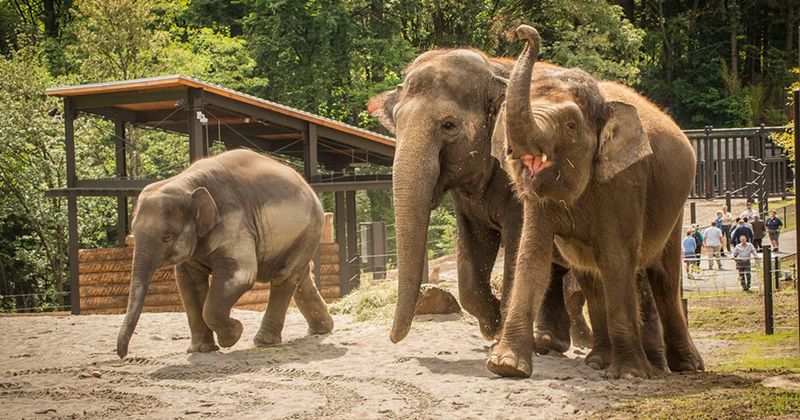
Zoos have the power to educate the public about elephant welfare through interactive exhibits and talks. These experiences highlight the needs and challenges elephants face, fostering empathy and support for better living conditions.
By raising awareness, zoos can inspire change and promote elephant rights beyond their enclosures.
11. The Psychological Toll Of Captivity On Elephants
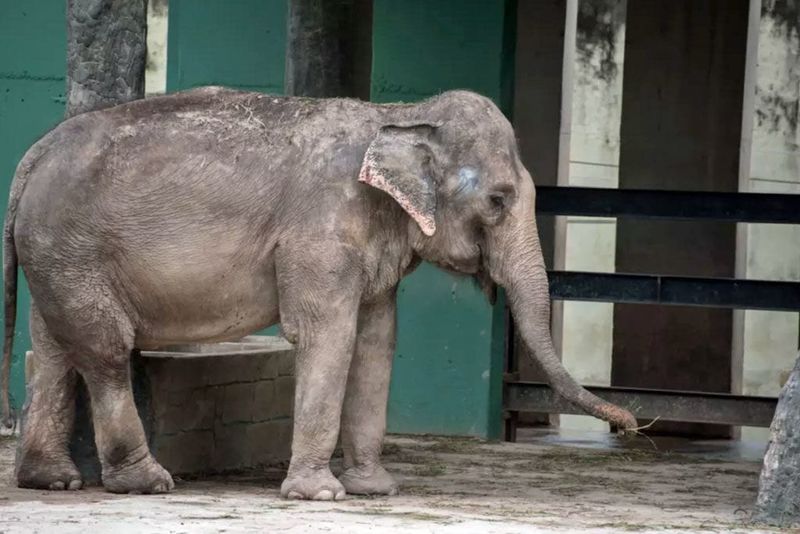
Elephants in captivity often develop stereotypies, repetitive behaviors that signal psychological distress. While zoos try to provide mental stimulation, their limited environments often fall short.
To improve well-being, it’s crucial for zoos to address these psychological needs and enhance mental enrichment.
12. The Need For More Spacious Habitats
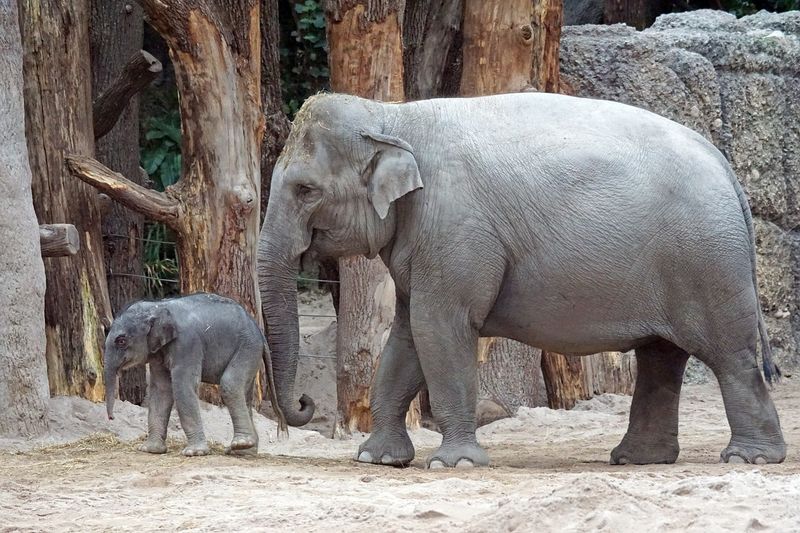
Elephants require ample space to thrive, and larger enclosures would better mimic their natural habitats. Current space limitations restrict their behaviors, impacting their health and well-being.
Expanding habitats is essential for better care, though it requires resources and careful planning. The growing call for more spacious, enriched environments urges zoos to innovate and adapt.
13. Addressing Inadequate Veterinary Care
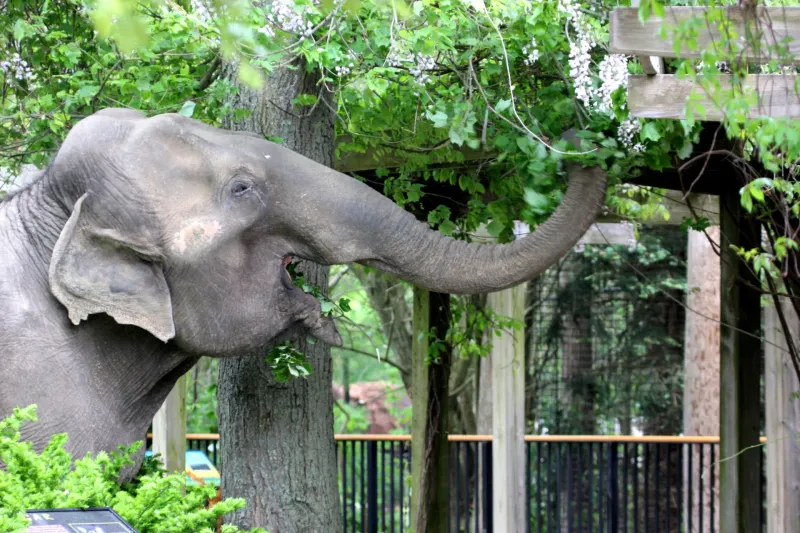
In some zoos, veterinary care for elephants can be lacking. Regular checkups and preventive healthcare are vital.
Improving veterinary standards and practices ensures elephants receive the best possible care. Advocating for better healthcare highlights the commitment to improving their quality of life in captivity.
14. Elephants’ Rights To Live In The Wild
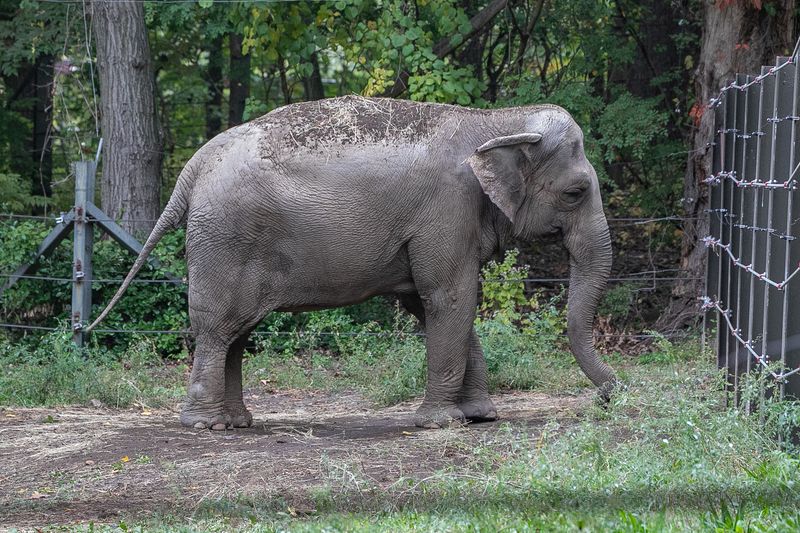
Some argue that elephants have an inherent right to live in the wild, as zoos, no matter how well-intentioned, can’t replace natural habitats. The ability to roam freely and engage in natural behaviors is considered essential for their well-being.
This perspective continues to drive debates about captivity, urging a rethinking of how we coexist with and care for these magnificent creatures.
15. The Moral Debate Surrounding Elephant Captivity
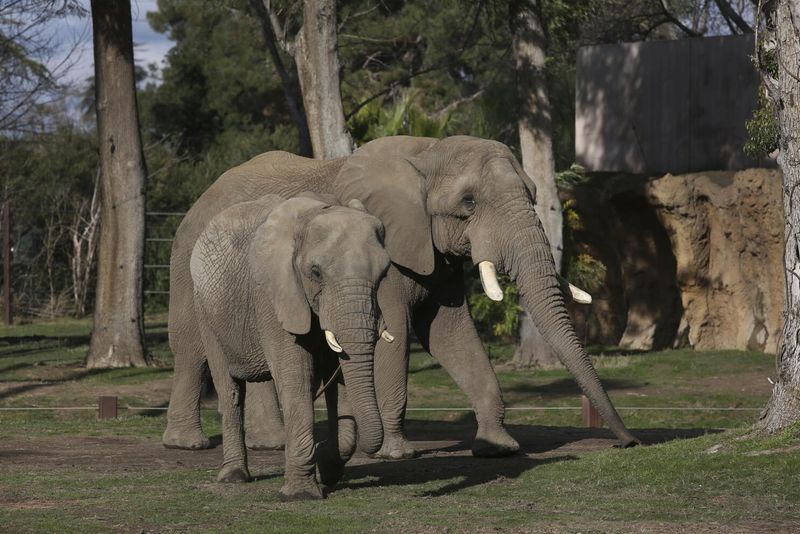
The moral debate over elephant captivity is complex. People argue about their emotional capacity and rightful place in the world.
Some claim that zoos provide essential conservation work, while others see it as a moral failing. This conversation challenges us to consider what ethical care looks like, striving for a future where all elephants can thrive.






